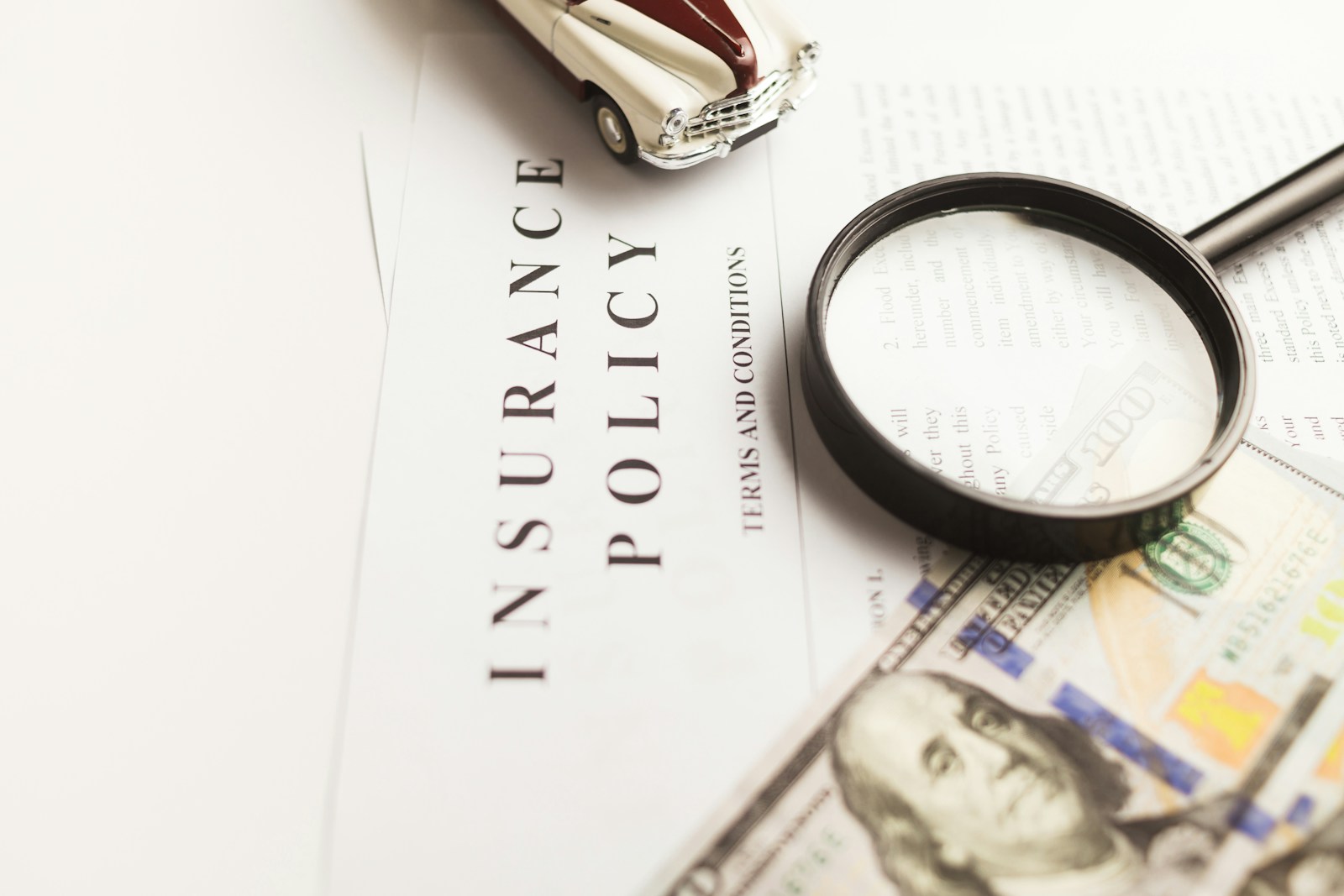
When Should I Buy Car Insurance?
 Car insurance represents a legally binding agreement between a vehicle owner and an insurance company.
Car insurance represents a legally binding agreement between a vehicle owner and an insurance company.
It can offer essential financial coverage for losses from traffic accidents, theft and other unforeseen events.
Whether you’re a seasoned driver or a new one, understanding car insurance is crucial.
What Does Automobile Insurance Cover?
Car insurance, also known as auto insurance, typically includes the following:
- Liability coverage—This is the foundation of an insurance. It can help pay for injuries or property damage you cause to others. It typically includes bodily injury liability (for medical expenses) and property damage liability (for damage to someone else’s property).
- Collision coverage—This coverage may pay for repairs to your own vehicle after a collision, regardless of fault.
- Comprehensive coverage—This coverage may help cover costs associated with noncollision incidents, such as theft, vandalism or severe weather.
- Uninsured/underinsured motorist coverage—This coverage may kick in when the at-fault driver doesn’t have sufficient insurance or is uninsured.
- Personal injury protection coverage—This coverage can assist in covering medical costs and lost wages for you and your passengers after an accident, regardless of who is at fault.
When Should You Buy Car Insurance?
When you buy a new car, insurance is required to drive it legally. You can get an insurance policy before you buy a car as long as you know the make and model of your future vehicle.
Even if you don’t know the specific car you will buy, you should get your policy started. Then, when you do make your purchase, you can provide the make, model and VIN to activate your policy.
If you already have an insurance policy, it can be updated to cover your new car. Remember that insuring a new car will likely cost more than insuring an older model, so factor this extra cost into your new-car budget.
How Are Auto Insurance Premiums Calculated?
Auto insurance premiums are highly personalized and can be influenced by the following factors:
- Age—Younger drivers often pay higher premiums due to perceived risk.
- Location—Where you live can affect rates. For example, urban areas may have more accidents, which makes insurance premiums cost more.
- Driving record—A clean record typically leads to lower premiums.
- Coverage selections—The type and amount of coverage you choose can impact costs.
- Vehicle usage—How you use your car (e.g., commuting, pleasure, business) matters.
- Car make and model—Some vehicles are more expensive to insure due to higher repair costs.
Car Insurance in Beaumont, TX
Contact Miller Insurance Agency today to discuss your car insurance. With 40 years of experience serving Beaumont and much of southeast Texas, our agents are well-equipped to help you assess and address your car insurance needs.
This blog is intended for informational and educational use only. It is not exhaustive and should not be construed as legal advice. Please contact your insurance professional for further information.
Categories: Blog
